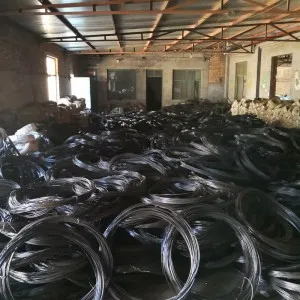

One of the primary benefits of using concrete nails is their superior holding power. Unlike adhesive-based solutions, which may fail over time due to temperature fluctuations or moisture, concrete nails provide a mechanical bind that remains steadfast under most conditions. This reliability is particularly important in load-bearing applications where safety cannot be compromised. Additionally, concrete nails are less susceptible to chemical reactions that could lead to corrosion. Thus, in environments where chemical exposure is a concern, they offer a distinct advantage over other fastening methods. Besides their practical benefits, concrete nails are a cost-effective option. Other fasteners, such as concrete screws or anchors, often require additional components or tools, which can drive up costs and complicate installation. In contrast, concrete nails are straightforward and economical, making them an attractive choice for both large-scale projects and smaller home improvements. In summary, concrete nails are an excellent representation of how simple tools can offer robust, reliable solutions in construction and DIY projects. Their composition ensures durability, their application demands technique, and their benefits are both practical and economical. For anyone faced with the task of securing materials to concrete, investing time to understand and implement concrete nails effectively can yield results that stand the test of time.

















